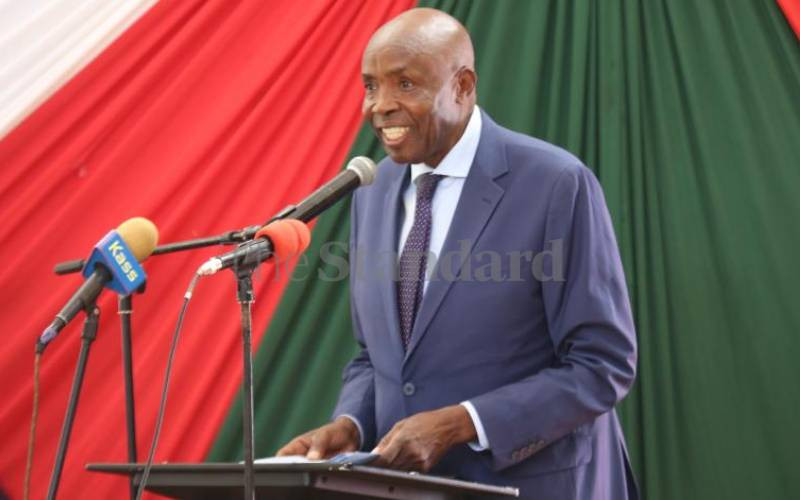×
The Standard e-Paper
Kenya’s Boldest Voice

Secondary school head teachers can now breathe easy as students return to school from midterm break after the Ministry of Education revealed plans to restore Sh5000 slashed from each student's capitation funding.
Education CS Ezekiel Machogu admitted that the amount provided for the free day secondary programme of 22,244 had shrunk to about Sh17,000.